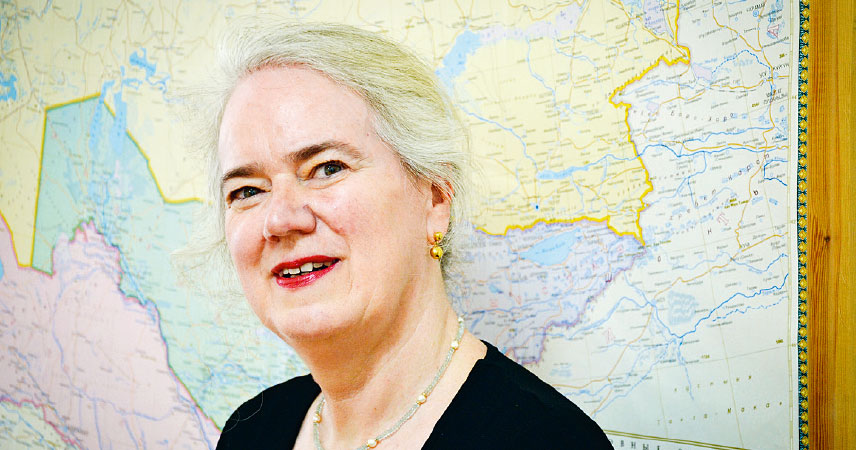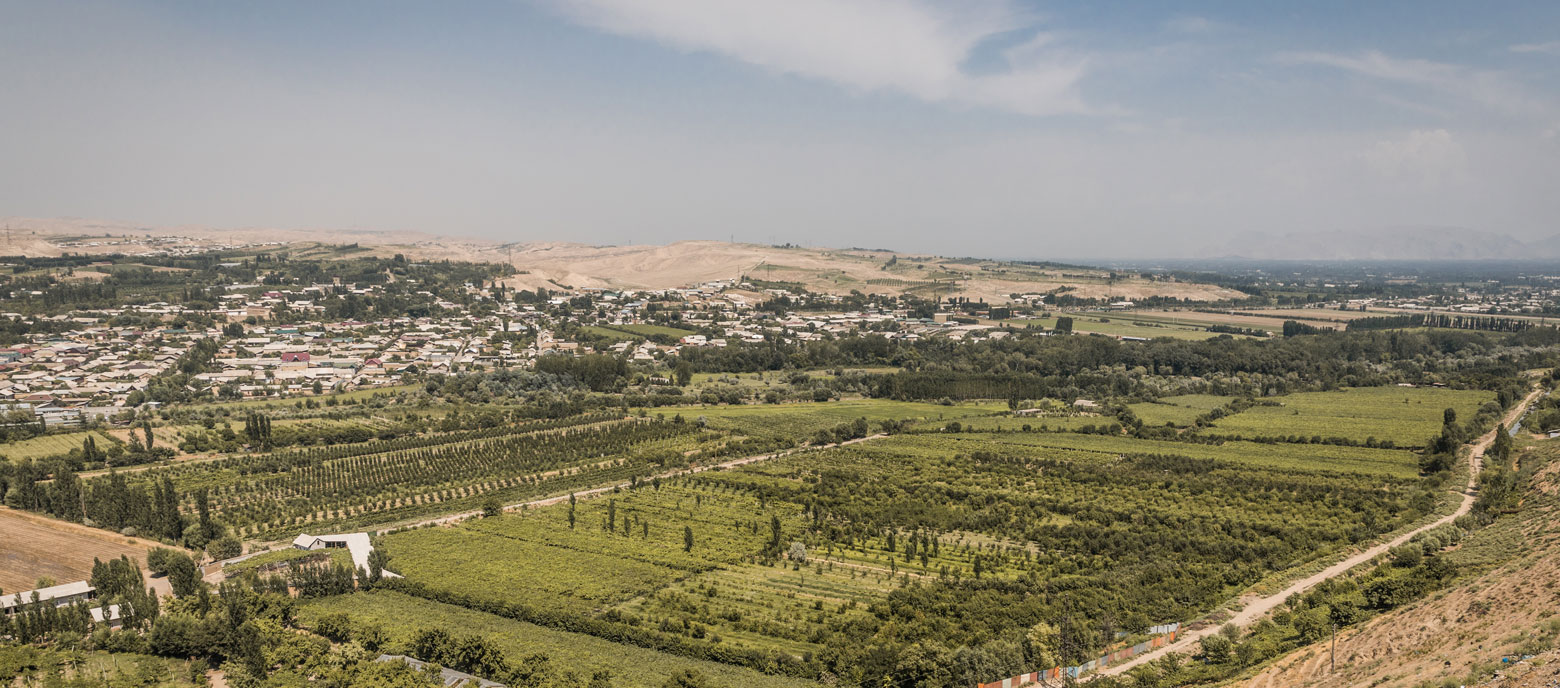Interview
‘Explaining climate change research so that it makes sense’

Ms Milow, how does the topic of water reveal the links between climate change impacts and stability and security?
Central Asia is a region with transboundary water resources. Some of the countries there are dependent on water from neighbouring states. At the same time, water is scarce, and climate change is making the situation even worse. In winter, rainfall is increasing, triggering landslides and mudflows in the mountains and causing large-scale devastation. In summer, on the other hand, precipitation is decreasing significantly. People’s livelihoods are under threat – agriculture, for example, is dependent on water. If the little water that is available is not distributed fairly and used efficiently, the mood can get aggressive, laying the ground for future conflict.
The Transboundary Water Management programme addressed this issue. Can Green Central Asia build on its work?
Yes, definitely. The programme showed how a highly sensitive issue still offers the potential for transboundary consensus. Green Central Asia takes the subject one step further by encouraging science-based political dialogue on climate, the environment and security.
What does that mean in practice?
The project strengthens communication between the participating countries – for example, at the foreign ministers’ conference in Berlin in early 2020. We also provide policy advice and further training on climate change, for instance to staff in the countries’ administrations. GIZ helps create networks between representatives from the academic and research community and civil society in the region, and also from Germany. Climate change ignores borders, so we need a cross-boundary approach to our search for answers too. Our partners in this project are the Helmholtz Centre Potsdam – German Research Centre for Geosciences (GFZ), the Kazakh-German University (DKU), the Potsdam Institute for Climate Impact Research (PIK) and Martin Luther University, Halle-Wittenberg.
That also sounds like a science-based approach.
Yes – let me give you an example: to predict environmental events and monitor land management we will be using state-of-the-art instruments, in part satellite-supported, developed by our research partners. For instance, we intend to create a drought monitoring system that will make it possible to react promptly to early indications of emerging water shortages. It’s really important to present the latest research findings in ways that policy-makers can understand. Explaining science so that it makes sense – if we do that, we can achieve so much more.
January 2022
